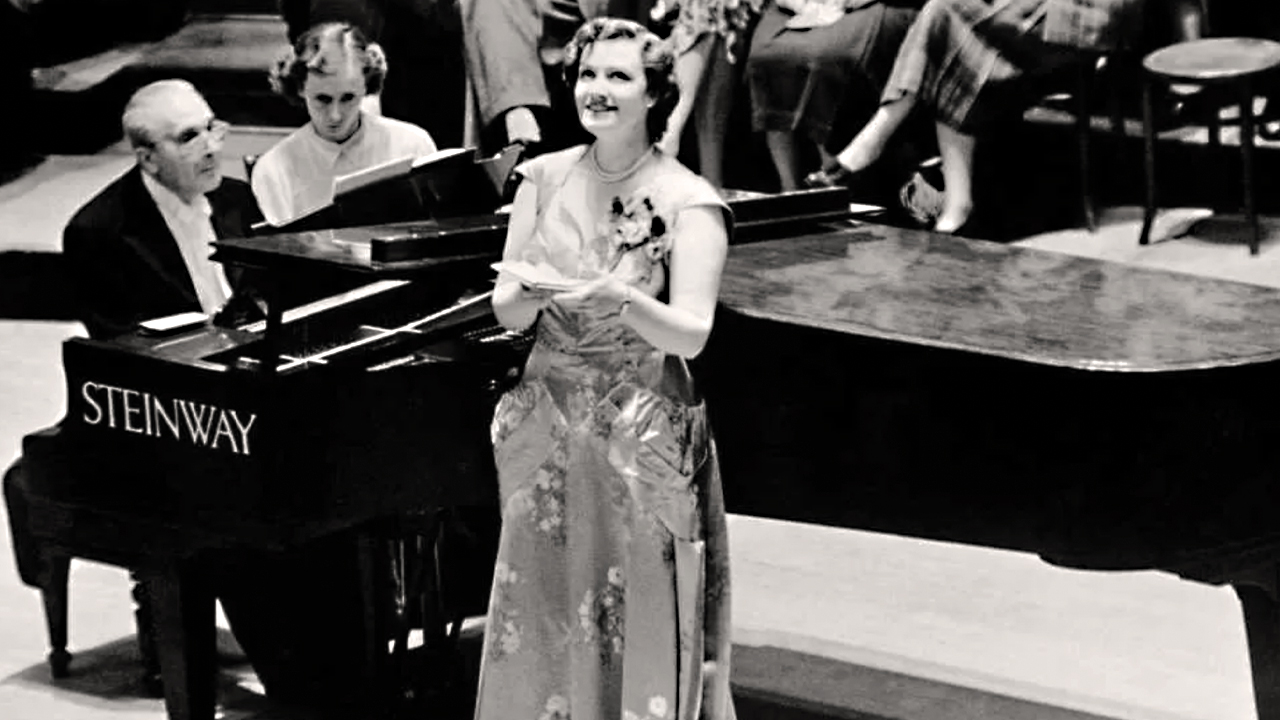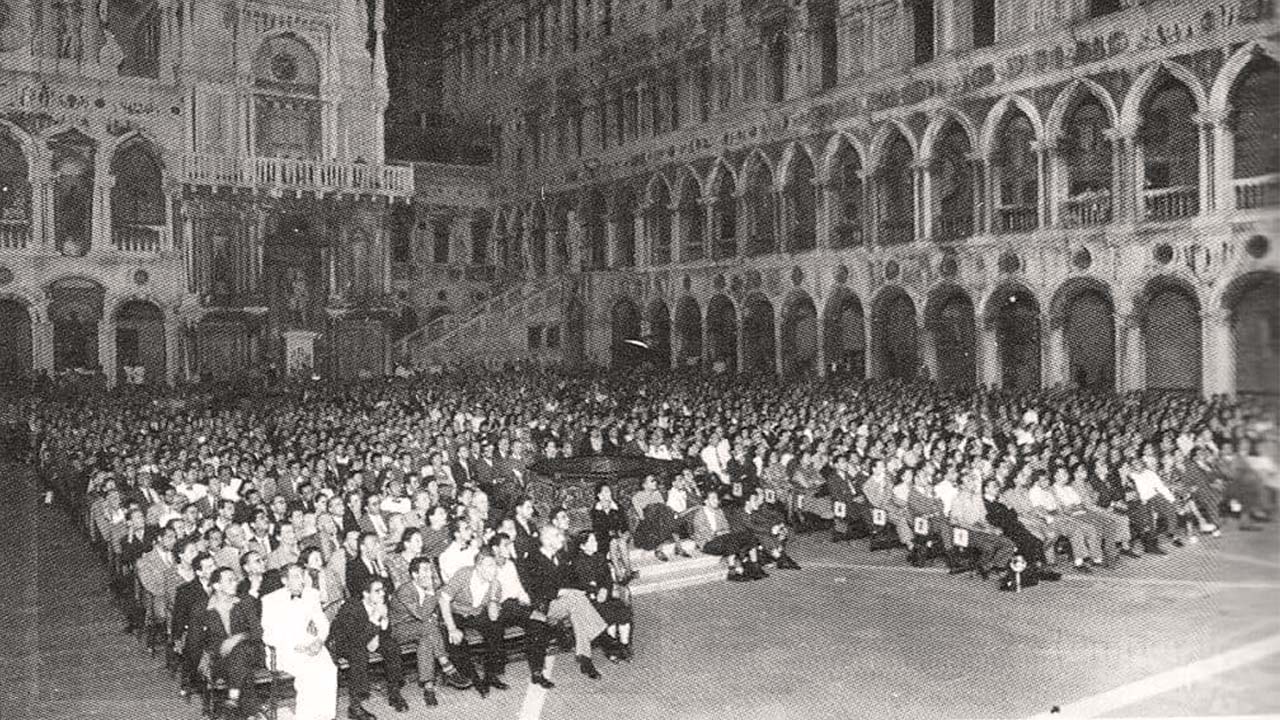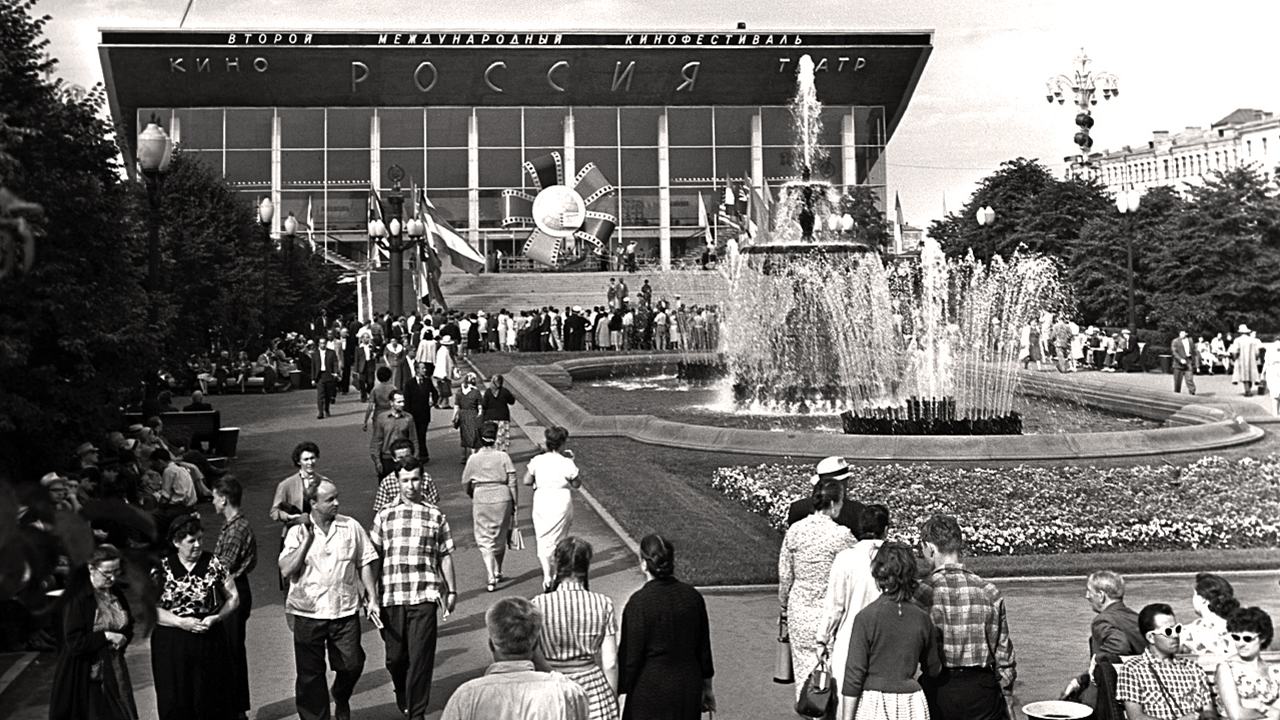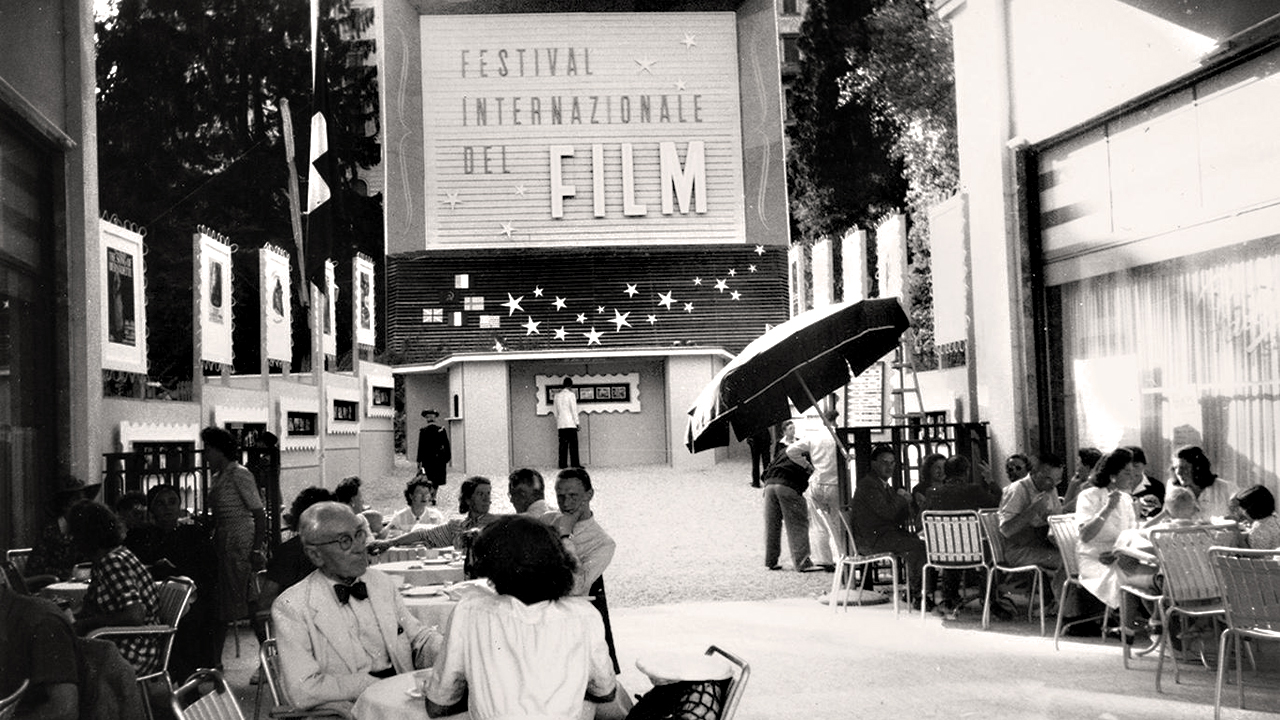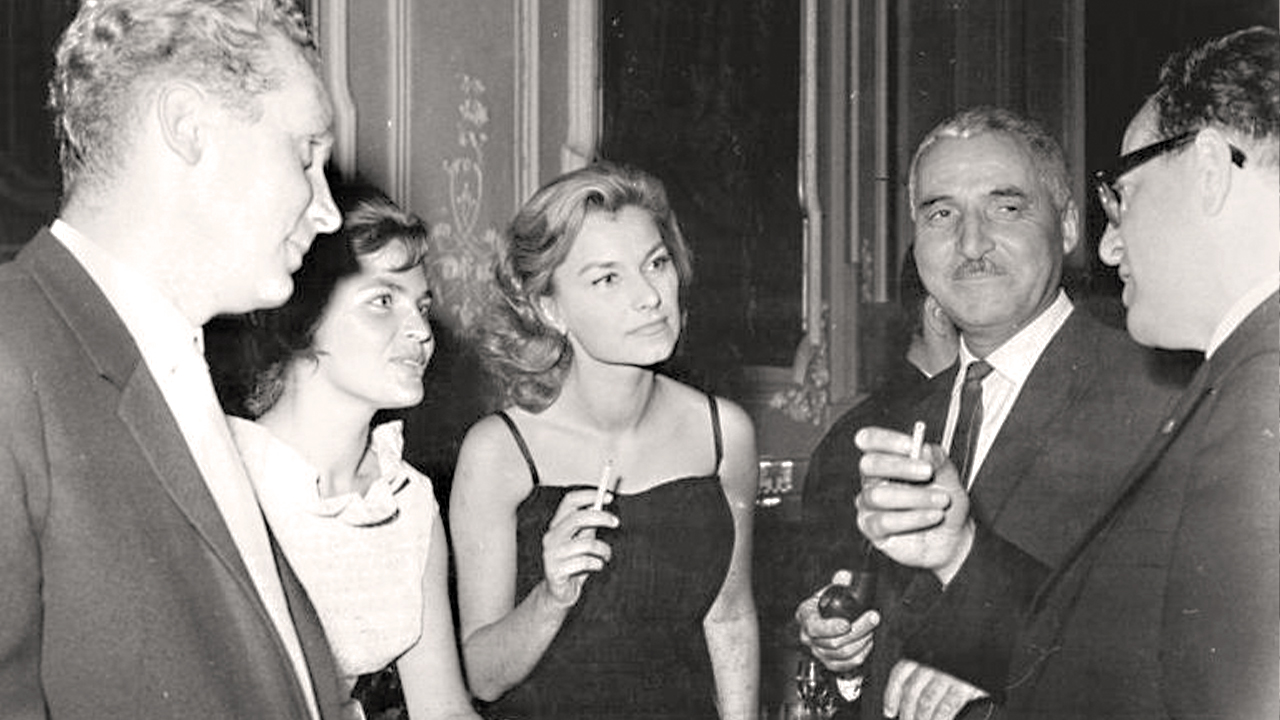
Art.004 – History of the film festival – Karlovy Vary Film Festival
The history of Czechoslovakian cinema dates back to the late 19th century, with the first film screening taking place in Prague in 1898. The country’s cinema industry thrived in the 1920s and 1930s, with the emergence of notable directors such as Karel Lamač and Gustav Machatý.
The Karlovy Vary International Film Festival, one of the oldest film festivals in the world, began in 1946 in the aftermath of World War II. It was established by the government of Czechoslovakia as a means of promoting the country’s film industry and fostering international cultural exchange. The festival was originally called the International Film Festival, and it was held in Mariánské Lázně. In 1951, it moved to its current location in Karlovy Vary.
At the beginning of the festival, there were only two competing categories, one for feature films and one for documentaries. The first edition of the festival was attended by prominent figures in the film industry such as Laurence Olivier and Jean Cocteau. However, few people know that the festival was initially planned to be held in 1945, but it was postponed due to the political situation in the country.
During the communist period, the festival was used as a propaganda tool, but after the Velvet Revolution in 1989, it was reformed as an independent festival. The Karlovy Vary International Film Festival has been held annually since its inception, except for a brief hiatus in 1970 due to political tensions in the country.
The festival awards several prizes, including the Crystal Globe for Best Feature Film, the Best Director Award, the Best Actor and Actress Awards, and the Grand Prix for Best Documentary. The awards are given to films from various categories, including competition, East of the West, documentary films, and others.
References:
- “History of Czech Cinema”. Czech Film Commission.
- “Karlovy Vary International Film Festival”. Encyclopedia Britannica.
- “Karlovy Vary International Film Festival History”. KVFF.

